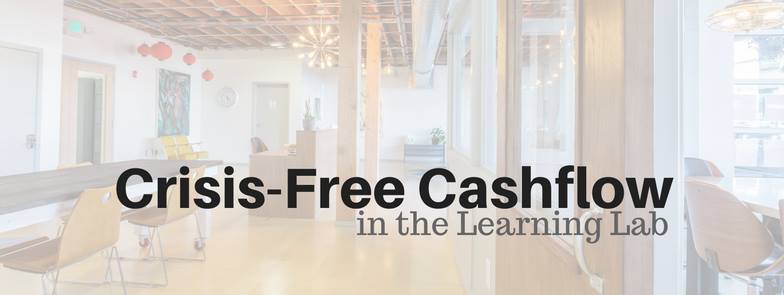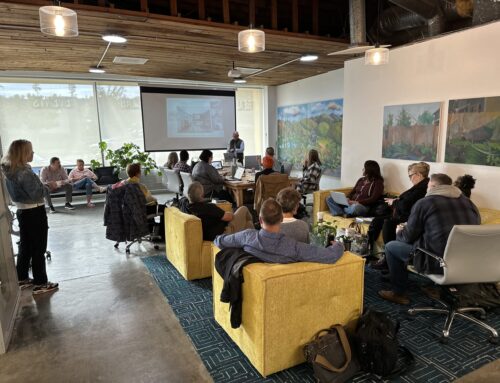Exploring a Reliable Cashflow System for Real Estate Agents
No one ever talks about the financial skills & talents required for thriving in a competitive commission-based career. This is especially true in real estate where 3% commissions can range from a few thousand to several hundred thousand.
And what do you do between transactions? How can you ensure your financial well-being for the long game? Especially when youre transitioning into this line of work? Thats what were covering in the blog, and in our Crisis-Free Cashflow class this week. Read on!
First off…yes, you can, but WILL you?
The financial skills for long-term success can be learned.
The sad thing is: most real estate brokers dont learn the simple-but-not-always-easy skills. Or develop and apply a reliable system that will cover their expenses, give their clients great results and still pay for the little (or larger) luxuries that make a successful career in a very competitive industry feel like freedom.
So, its not a question of can you learn these skills? Its more about, WILL you?
Avoiding the School of Hard Knocks
Recreating the wheel with each transaction, year in and year out is far too stressful to sustain. But so many agents do exactly this. And this is also why many real estate agents tout this venture as a part-time hustle. We actually dont recommend doing real estate on the side as a long term plan.
Its a lot of work, heart, time and energy. And the payouts can be worth it. You can have a healthy and generous income that will fund a more-than-comfortable retirement, additional real estate investment properties, college tuitions for your children, Teslas…yknow, the little things.
We dont often know how to navigate our lives, responsibilities or expenses on a commission-based salary. So, whether youve been in this business awhile, or youre just starting out, jump into learning how to take care of your cashflow.
This is the hardest thing for traditional businesses to learn and continue to navigate. Why should it be any different for your own business? The key is to begin learning, and to never stop.
Having a financial plan is part of the puzzle, yes
But before you can make a financial plan and develop a system for what to do with those commissions, you must have some clarity about what youre spending your income on now, and how youre spending it. Is your next transaction commission already spent? Dont feel bad if it is (or seems to be), just take this as some awareness.
Clarity about financials, getting your initial clarity, may not be the most fun at the beginning when youre just learning.
But it can get really fun once you establish a tiny bit of momentum. Some confidence, some satisfaction. And it really doesnt have to take long.
Winners always track, and trackers always win
You saw this coming, didnt you?
Tracking all of your income and your outcome as well is going to give you crystal-clear data about your spending. The more honest you are about this first part, the better your system development will be, the faster your results, and the quicker youll build some confidence around your cashflow.
Dont worry so much about categories in the beginning. Just track every expense. Every transaction. Yes. Really. ALL of it.
One easy way to track is to use your debit or bank card for everything for 2 weeks or 1 month. And track from your banking activity. If you use a credit card, those purchases and payments count to, so figure them in.
Learn it with class, in class
Weve developed a class at the Learning Lab to help real estate brokers to develop and navigate commissions and cashflow for long term living, which includes some of the fun stuff too.
This is critical for your careers health, we cant stress it enough.
Join us for our Crisis-Free Cashflow clock hour class on Wednesday, December 7. $30, lunch is included and parking is on the street. Weve invited 2 financial advisors trained through Dave Ramsey, the famed financial expert, author and tv show host. Youll love it, and youll get started in developing your plan and system during class.
You can learn these skills.
And you can develop a system that will see you through a lifetime of successes.
The question remains: will you?














